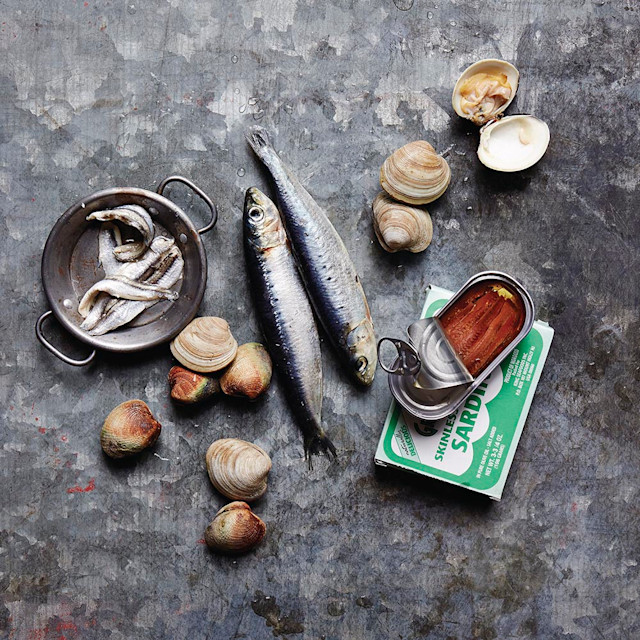Examining nutrition challenges can open up your world in unexpected ways.
Food fears actually have an evolutionary explanation: “We have a protective mechanism in our brains to make sure that we aren’t going to get sick or die from something we found to eat,” says Burbank, California-based nutrition therapist Lauren Cash, RDN.
Though modern food safety practices and regulations have largely mitigated those factors, the fears remain and explain why, for some people, unfamiliar ingredients and dishes may be scary.
The background
One common fear involves raw food. This makes adaptive sense, says Cash, as people can be scared of eating (or preparing) items like meat and fish, whether cooked or raw, because of the anxiety of foodborne illness. The same goes for unfamiliar textures—this is your body's protective mechanism kicking in. “When food isn’t good anymore, its texture changes,” she explains. Even if you know that what you’re eating is perfectly good, if it has a texture you find unappealing, you'll have a hard time eating it.
Diving deeper, there can be other, more emotionally-driven reasons for a fear. For example, some people have had a traumatic history with a particular food, such as food poisoning, an associated bad memory, or consumption to the point of sickness. “The memory of the trauma and taste or texture of the food makes them avoid it. They think that if they eat it again, it will drum up those feelings or their brain tells them that the event will happen again,” Cash says.
The personal implications
Overcoming a food fear may benefit your life in a larger sense. “There are so many other reasons besides nutrition to explore eating other foods," explains Cash. While you needn't force yourself to eat things you already know you don't like, you should convince yourself to try something at least once. Take small, gradual steps: If the texture of eggplant or raw fish throws you off, don't order a full dish of it. Sample someone else's or prepare a small amount, keeping in mind that another preparation might be more or less to your liking.
If your fear of certain foods seems more associative, you may consider seeking professional help. "Working with a nutritional therapist is useful because they can help you look at things from an outside perspective and examine your blind spots," says Cash. Request a nutrition-specific referral from a mental health specialist or delve into online resources.
Experiencing dining with a lens of openness and adventure can have a larger-scale outcome, too. Says Cash, "Consider it a sort of microcosm of your potential as a human. If you can do that with food, you can do it in other areas of your life."
